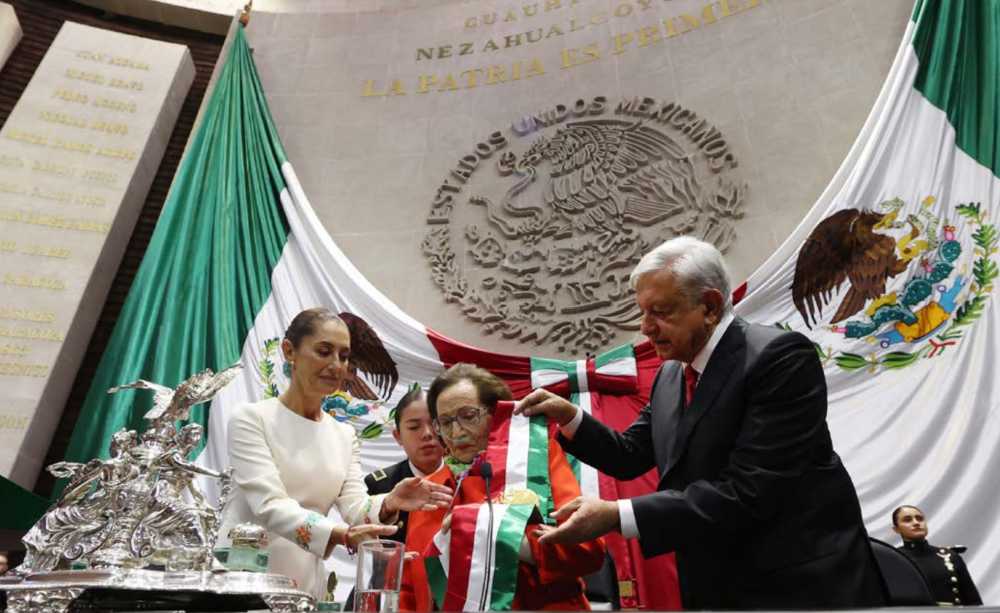After 503 Years, Mexico Welcomes Its First Woman President
In a historic moment, Dr. Claudia Sheinbaum was sworn in as Mexico's first female president, marking a transformative shift after 503 years. She pledged to maintain welfare programs, expand infrastructure, and presented 100 government commitments while honoring women's struggle for equality.

In a defining moment for Mexican history, Claudia Sheinbaum Pardo took the Presidential Sash on October 1, 2024, marking the first time a woman has assumed the office of president in Mexico. Before a packed General Congress, Sheinbaum acknowledged the gravity of her ascent in a speech that underscored a powerful new era for women and a decisive shift in Mexico's socio-political landscape. Her inauguration symbolizes a "Fourth Transformation," a term coined to signify a collective shift in the public life of Mexico, and a significant stride toward gender parity that has resonated across Latin America and beyond.
This historic occasion brought together a crowd of supporters and dignitaries, including delegates from over 100 countries and an assembly of international organizations and global media. They gathered to witness Sheinbaum accept the Presidential Sash from Ifigenia Martha Martínez y Hernández, President of the Chamber of Deputies, who herself had received it from the outgoing president, Andrés Manuel López Obrador. Breaking protocol with a wave of enthusiasm, the chamber resounded with chants of “President! President! President!” as Sheinbaum ascended to the nation’s highest office.




